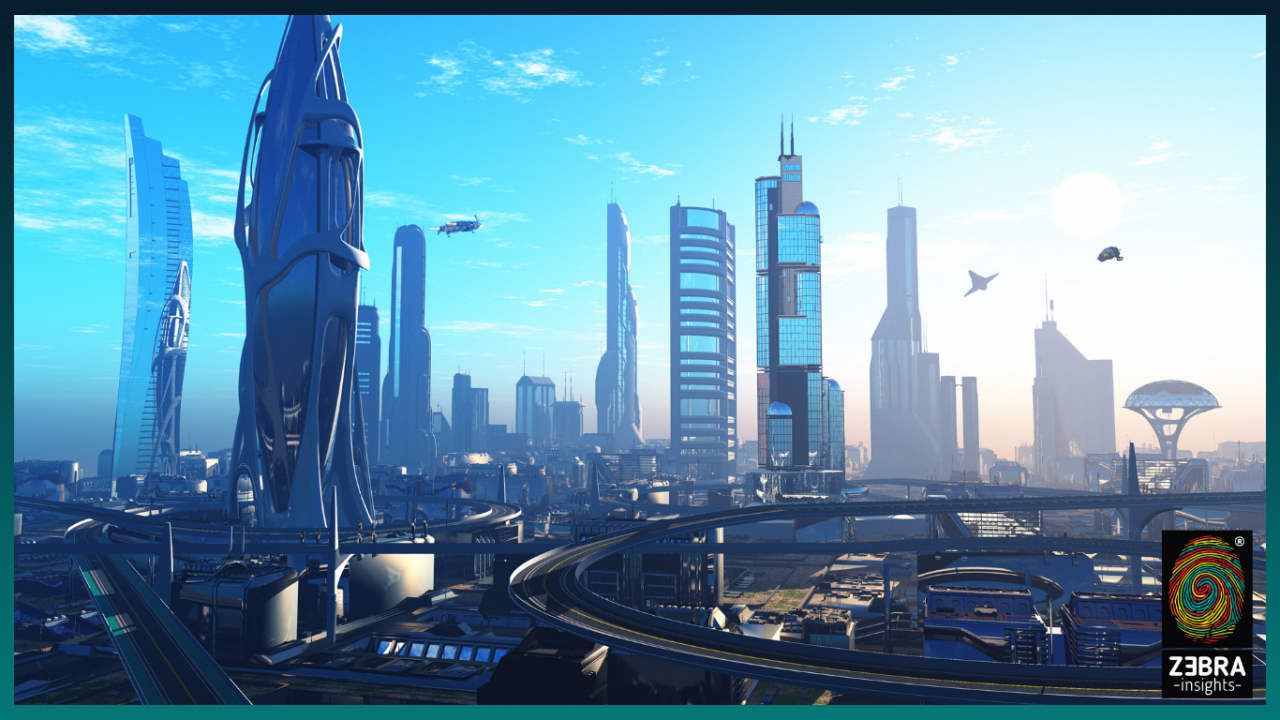Humanity has always been eager to see into the future. There is a basic explanation for this phenomenon – as human beings – we are extremely afraid of changes and unknown circumstances. With the development of technology and IT, people try to predict the future using more powerful tools and systems for forecasting. We also consider the world’s most celebrated entrepreneurs — Elon Musk and Mark Zuckerberg, for example — as prophets of our time. These executives are considered futuristic for a very specific and differentiating reason: futurism is about driving the future, not just forecasting it.
Futurists can play a pivotal role as navigators for many companies. It is easy to lose sight of long-term goals and innovation aspirations with the unknown risks and uncertainties that companies face globally. Futurists provide important scenarios about how customers and industries can evolve. They are professionals guided by innovation and experienced in mainly disruptive technologies and have an entrepreneurial vision.
Gerd Leonard, a German futurist, says that “business as usual is quickly fading away, and a new kind of permanent VUCA (volatility, uncertainty, complexity, and ambiguity) is certain. Resilience, agility, and creativity will replace efficiency as the key objective. From functioning to creating, from KPI (Key performance indicators) to KHI (Key Human Indicators).”
He also provides a bigger picture on the tectonic shifts happening in the world, like the increasing urgency to address global warming and the societal challenges of technological hyper-transformation the world continues to change at a mind-boggling pace. “We are witnessing a much-needed shift towards a new kind of capitalism (if we can still use that word, at all) which will reboot markets around the world in the next 5-7 years as we transition from the outdated single bottom-line of GDP-Growth and Profit to what I call the quadruple bottom-line: People, Planet, Purpose and Prosperity (aka sustainable capitalism, post-capitalism or conscious capitalism),” he says.
Azeem Azhar is an entrepreneur, investor, author, and the creator of Exponential View, a highly-regarded newsletter on the future. “General-purpose technologies shape societies in tremendous ways. And we can think, absolutely, of the car and electricity and how, together, they brought mass production and factories and factory jobs. And those had knock-on effects, like the creation of suburbs and then of welfare nets. So we’ve understood this because we’ve lived it before. The domains that we have today are very broadly applicable across our economies. And as they intersect, they create many, many new opportunities,” he says. ¹
Technology is not the only force shaping people’s life and work. The aging population, civil rights movements, and ongoing conversations on gender equality, diversity, and inclusion shape the massive societal change waves across the globe. Futurists can help organizations and businesses navigate through these changes by mapping the biggest threats and opportunities. They can help you contain risks and respond quickly in order to build sustainable success.
Bradley Schurman is a demographic futurist and opinion maker on all things dealing with the business of longevity. “The world’s population is getting older, and it’s changing everything. In less than a decade, at least 35 countries will have more than one out of five people over the age of 65 – a first in the history of the world. This is due largely to the intersection of the megatrends of decreased birth rates and increased longevity – more commonly known as population aging. This change is speeding up all around us, it is upending social and economic norms, it’s changing the way your organization does business, and it’s affecting your bottom line.”
“The vast possibilities of our great future will become realities only if we make ourselves responsible for that future.”
—Gifford Pinchot
1. McKinsey Interview, Author Talks: Azeem Azhar on closing the exponential gap


